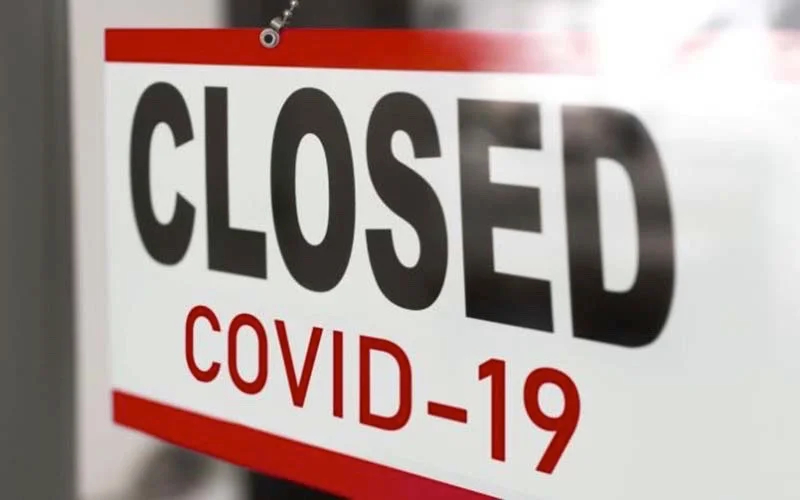Financial Milestones To Achieve Before Buying Your First Home
Buying a home is an important dream for many American families. Establishing ownership of your own piece of property can be a great feeling and a stabilizing move for a family when it’s done correctly. However, when a buyer has a goal of purchasing their first home, there can be a tendency to skip over other important financial milestones that should have been achieved first.
Below, we’ll take a look at some financial milestones you should achieve before buying your first home.
Establishing an Emergency Fund
Saving for emergencies is one of the most important steps you can take. It’s recommended that you have at least 3 months worth of emergency savings to cover living expenses. Establishing an emergency savings fund before making a big purchase such as a house could potentially save you from losing that house in the future if you were to experience job loss or a serious medical emergency.
Saving for Retirement
Saving for retirement is important, and while it’s certainly not expected for you to fully fund your retirement savings before purchasing a home, you should at least get a good head start.
When you purchase a home, you’ll find it can change your financial situation and budget drastically. Establishing your retirement savings and regular contributions to it within your budget before taking on a mortgage will help set you up for retirement success.
Paying Off Substantial Debt
Before you take on what can be the largest debt you’ll ever see by purchasing a home, you should try to reduce your other debts as much as possible. Make a plan for paying off any substantial credit card, student loan, auto, or other debt you have. When you’ve achieved paying down most or all of your debt, it can free up more of your money to go towards your home purchase, and it can also improve your credit score and allow you to get a better mortgage rate.
Living Within a Budget
You’d be surprised at how many families are not utilizing a budget on a regular basis to keep their finances in line; this is a big mistake, no matter the household income size.
Before you take on a substantial purchase like a home mortgage, make it a point to set a monthly budget for your expenses and strictly abide by that budget; doing this will go a long way in learning financial discipline and can help you save money for your goals.
Strengthening Your Credit
Many people are not as familiar with their credit standing as they should be. Make it a point to pull a credit report and check your credit score with regularity. When you take this step, it gives you the opportunity to correct any possible errors and make improvements or fix problems. When you optimize your credit standing, you stand a better chance of getting a good mortgage rate, which will save you thousands of dollars over the years.
Be a Responsible Spender
Correcting poor spending habits is a good step to take before you take on the responsibility of a mortgage. Some possible spending choices you’ll want to consider improvements on could be:
- Making credit card purchases that cannot be paid off at the end of the month
- Making regular impulse purchases on unnecessary things
- Eating out too often
- Taking advantage of sales too often
- Regularly exceeding your pre-defined monthly budget
- Emotional shopping
- Retaining unused subscription plans
- Not planning shopping trips, such as groceries
- Skipping price negotiations on larger purchases
Instilling better spending habits before financing a home can go a long way in having a stable and successful homeownership.




